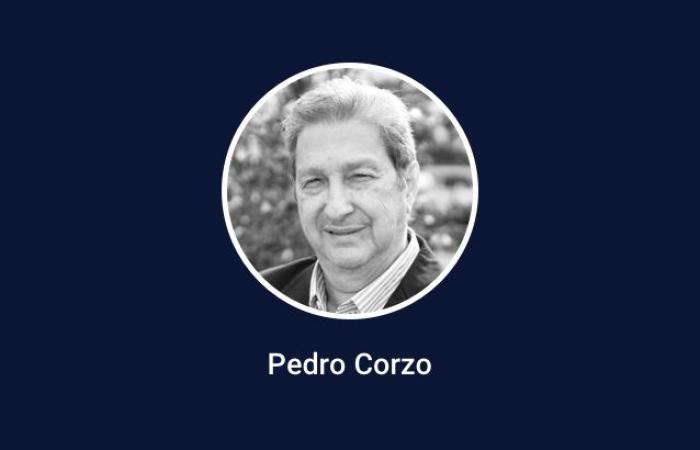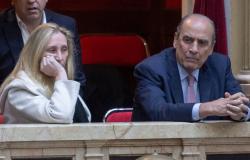The recent visit of a Russian fleet to Cuba is the most concrete evidence that the alliance between Havana and Moscow is at its best, if we except the period in which the Castro brothers ceded the sovereignty of the Island to the Kremlin, as and as has been done by the designated dictator Miguel Díaz Canel, who, according to claims, asked his ally the autocrat Vladimir Putin to send a naval squadron including a nuclear submarine.
Cuban totalitarianism has always been debated between hegemony and dependence. The less strong countries like to invade or subvert them, the more powerful ones, moreover, identified with their love of absolute power, Russia, China and Iran, serve them faithfully and even arrange for their subjects to provide mercenary services, as happened with the USSR. in African wars and now sending them to fight in Putin’s war against Ukraine. Both the USSR and its heir, the Russian Federation, have historically been the wild card of Castro’s totalitarianism, although it is fair to recognize that the system has paid its bills by ceding sovereignty or with the blood of its supporters.
Castroism allowed the USSR to place nuclear-capable missiles in its territory, build a naval base for submarines in Pasacaballo near the city of Cienfuegos, operate an electronic spy station in Lourdes, and move tens of thousands of its military in different bases throughout the country, which only the Soviets could enter.
The defunct Soviet Union paid the bills for insular totalitarianism for three decades as a consequence of the extreme inefficiency of that regime, in addition to serving as a protective shield against the numerous transgressions of international law that Fidel Castro incurred during his almost fifty years of absolute control. about the Caribbean country.
I am certain that if the Castros had not become clients of the Kremlin, the regime would not have survived due to several factors. First, the opposition that has survived 65 years of totalitarianism would have been stronger and more effective, second, Washington, without the Soviet atomic umbrella, would have been more energetic and decisive.
This visit by the Russian squad to Cuba is more than symbolic. Díaz Canel, as Fidel did for many years, is sending a double message, first to the United States in which he shows that he is not alone, then, to the Cuban people, so that they do not stage more protests because the “bolos”, thus the Russians in Cuba are told, they are ready to crush them.
The Cuban satrap knows he is weak and is not very convinced of the support that the Moncadistas can give him if the present crisis deepens even further. National dissatisfaction transcends the eternal rejection of the opponents, it is the common people who challenge the government and Díaz Canel surely dreams that one day the most loyal of his henchmen will tell him: “No, sir, it is not a rebellion, it is a revolution”, which hopefully will be of a very different nature from the one led by the Castros.
The position held by the dictator depends on Raúl Castro, the true owner of the former Pearl of the Antilles. Miguel’s boss is 93 years old, and although his shadow is still powerful, it is to be hoped that he will fade sooner rather than later.
On the other hand, allies and associates of Castroism abroad will try to throw him a lifeline and repeat the story that the regime is changing, a colossal lie. Cuban totalitarianism adds to its everlasting aggressiveness an absolute conception of power; for them, all or nothing is as important as life itself.
The visit of this squad and the frequent trips of senior Cuban officials to the metropolises of Moscow, Beijing and Tehran indicate that the island’s rulers do not have it in their minds to relax the control they exercise over the population voluntarily, which will happen, I have no doubts, when Cubans decide once and for all to assume the rights to which they are entitled, as the martyr Osvaldo Paya would say.
The author is a Cuban journalist.
BLOG: http://pedroc1943.blogspot.com/
TWITTER: @PedroCorzo43
LINKEDIN: https://www.linkedin.com/in/pedro-corzo-34012153






